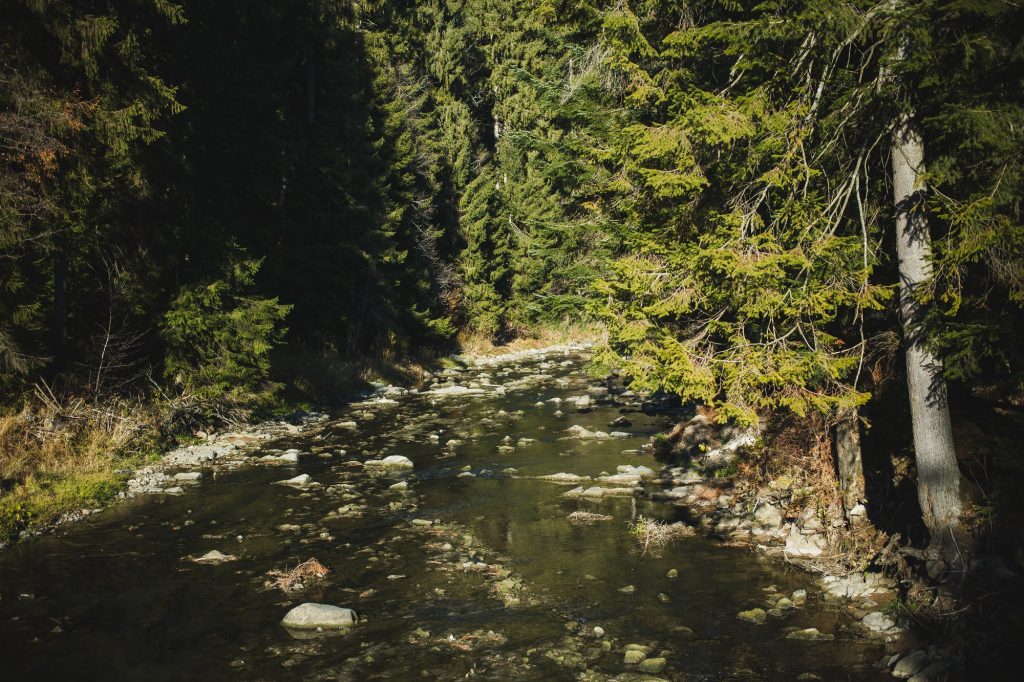The Art of River Fly Fishing: A Comprehensive Guide
Introduction
Welcome to the serene world of river fly fishing, where the gentle flow of rivers and the rhythmic dance of the fly rod create an unforgettable experience. In this guide, we delve into the intricacies of river fly fishing, exploring techniques, gear, and the joys that await you in the great outdoors.
Understanding River Fly Fishing

River fly fishing is more than just a pastime; it’s a connection with nature. This ancient practice, evolving over centuries, is both an art and a science, offering a meditative escape and an exhilarating challenge.
Choosing the Right Equipment
Rods and Reels
Selecting the right rod and reel is crucial. Look for a rod that matches the size of the fish you’re targeting and the nature of the river. Reels should be smooth and reliable, ensuring a seamless experience.
Flies and Lures
The choice of flies is critical. Understand the local insect life and choose flies that mimic these, increasing your chances of a successful catch.
Essential Accessories
Waders and Boots
Invest in comfortable, durable waders and boots for protection and ease of movement in the water.
Tackle and Tools
Don’t forget the essentials: line, leaders, tippets, and a variety of tools like nippers and forceps.
Techniques and Strategies
Reading the River
Understanding river currents, depth, and structure is key to locating fish. Look for ripples, pools, and eddies where fish are likely to feed.
Casting Techniques
Master various casting techniques, such as overhead casting and roll casting, to adapt to different environments and situations.
Fly Selection and Presentation
Choose the right fly for the situation and present it in a natural manner to entice fish.
The Joy of the Catch
Connecting with Nature
Fly fishing offers a unique way to connect with the natural world, providing peace and tranquility.
The Thrill of the Catch
The excitement of hooking and landing a fish is an unmatched experience, filled with adrenaline and satisfaction.
Conservation and Ethics
Preserving Our Waterways
As anglers, we have a responsibility to conserve our rivers and protect the
ecosystems within them. Practice catch and release whenever possible, and be mindful of the environment.
Ethical Angling Practices
Respect local regulations and fellow anglers. Ethical practices ensure the sustainability of fly fishing for future generations.
Conclusion
River fly fishing is an enriching experience that combines skill, patience, and a deep appreciation for nature. Whether you’re a seasoned angler or a beginner, the rivers await with endless possibilities and adventures.
FAQs
- What basic gear is needed for river fly fishing?
- You’ll need a fly rod, reel, line, flies, waders, and boots as essentials.
- How do I choose the right fly?
- Observe the local insect life and select flies that closely mimic these.
- What is the importance of understanding river currents?
- Knowing the currents helps locate fish and present the fly effectively.
- Can beginners enjoy river fly fishing?
- Absolutely! With patience and practice, anyone can enjoy this sport.
- Why is conservation important in fly fishing?
- Conservation ensures the health of our waterways and fish populations for future enjoyment.
